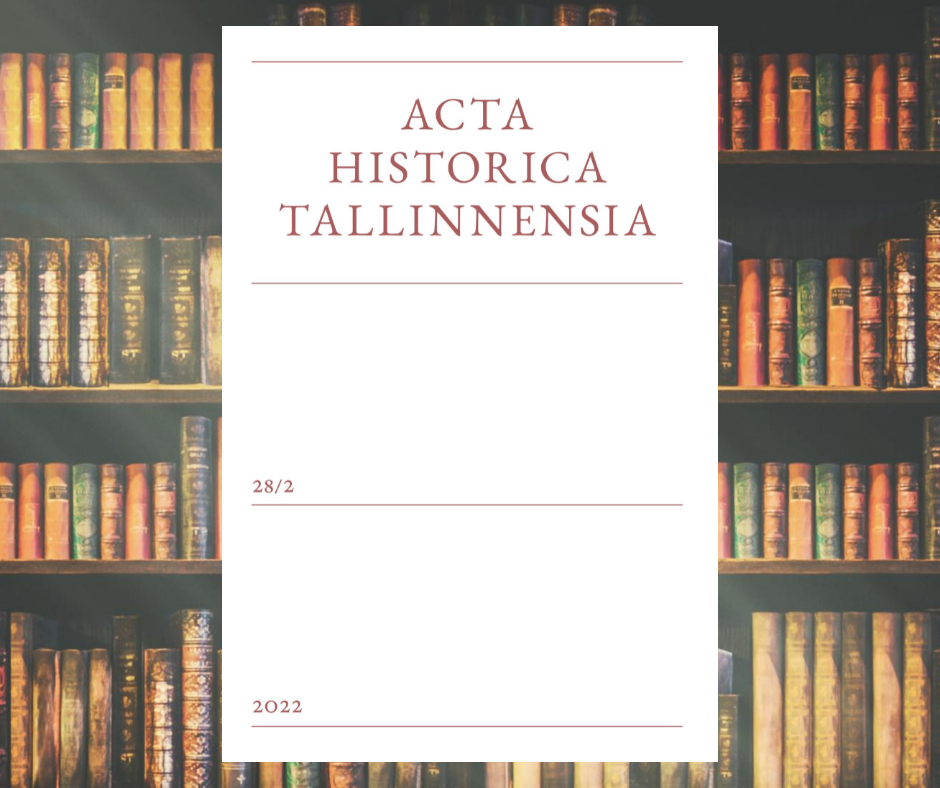The recent special issue of Acta Historica Tallinnensia (Vol. 28, Issue 2, 2022) marks the centenary of US de jure recognition of the Baltic republics of Estonia, Latvia, and Lithuania. Although the timeframe of this issue encompasses the period of state-formation in the Baltic region from 1917 to 1922, its specific focus does not only revolve around the idea of establishing sovereign states. It places Estonia, Latvia, and Lithuania in the context of diplomatic relations, initially as de facto entities and later as de jure subjects of international law.
The special issue, guest-edited and introduced by Tallinn University junior research fellows James Montgomery Baxenfield and Kevin Rändi, endeavours to examine the actions and reactions related to obtaining political recognition of the Baltic states from the perspectives of four distinguishable communities in the region: Baltic Germans, Estonians, Latvians, and Lithuanians.
Heidi Rifk’s (Tallinn University) contribution contends with the internal dynamics of the transnational Baltic German society, examining their varying responses to the recognition of Estonia and Latvia. Although citizens of the Russian Empire, Baltic Germans had retained their traditional positions as the political and professional elite of the Baltic provinces.
Eero Medijainen (University of Tartu) examines the establishment of formal relations between Estonia and the US following de facto recognition. By bringing Wilson’s thought and politics, including the idea of self-determination, to the forefront, Medijainen investigates how Wilson’s policies played out in Estonian representatives’ attempts to gain recognition. The article highlights Estonia’s economic, political, and diplomatic position while the US focused mainly on issues related with Russia and Germany.
Eriks Jēkabsons (University of Latvia) analyses parallel events in respect of the pursuit of Latvia’s recognition. While Wilson’s principles themselves could not help Estonians and Latvians achieve what was hoped for, their position, politically, diplomatically, and economically, was a crucial factor in the future of Europe.
Side-by-side the articles by Medijainen and Jēkabsons provide a comparative element to the issue, before Sandra Grigaravičiūtė (Genocide and Resistance Research Centre of Lithuania) presents a thorough analysis of the phenomenon of recognition from the perspective of Lithuanian historiography. Grigaravičiūtė appraises various recognitions extended by the US and other states to Lithuania between 1919–1924, endeavouring to locate de facto and de jure recognition within the meanings, valuations, and contexts of international law.
Finally, Eva Piirimäe (University of Tartu) brings the special issue to a conclusion with an afterword that draws together findings from across the contributing authors. Developing a dialogue between recent studies of self-determination and its application in the Baltic context, Piirimäe interprets how current scholarship frames recognition practices in Baltic history.
